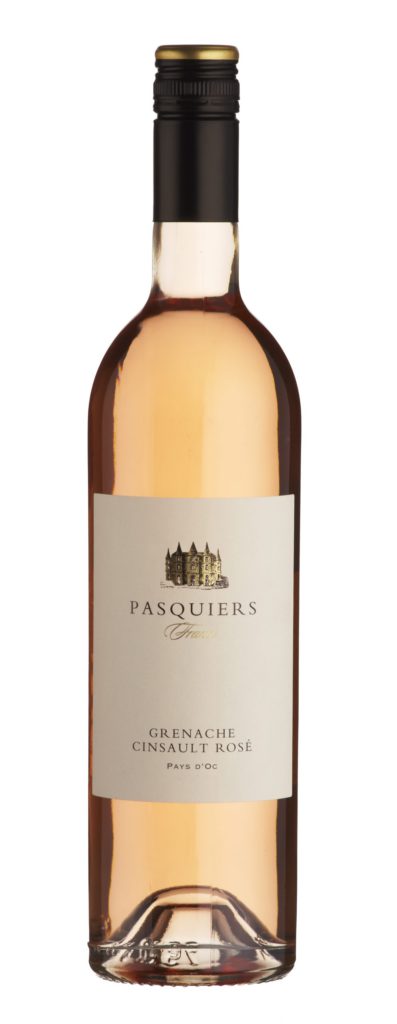It’s January, it’s cold, and you might already be wavering about your New Year Resolutions. Fear not, says Luisa
If one of your resolutions is to eat healthier foods, why not consider drinking healthier wines too? You may well ask if there is such a thing as ‘healthier’ wines: organic, vegetarian or vegan perhaps.
January is the month that celebrates all things vegan, hence it’s become known as Veganuary. There are many vegan wines available now, and not just for January.
What Makes A Wine Vegan
Wine is the product of grapes so it should be suitable for vegans, but this isn’t always the case. In the wine making process, some sediment is naturally formed, and even after filtration, not all can be removed.
Traditional fining agents are therefore used, and these can include egg white, casein from milk, and gelatine from fish and animal sources.
Vegan wines however are made without animal products, so some winemakers choose to leave the sediment to sink naturally to the bottom of the bottle or use non-animal fining products to remove them. These can be bentonite (a form of natural clay), pea protein and even algae.
In reality, many wines are vegan or vegan friendly. However, it can be difficult to tell, therefore it’s good to follow the advice of a trusted retailer or producer when you are choosing a vegan wine. I found a good choice of vegan wines from winetrust.co.uk and here are three that I particularly liked. They are also very purse-friendly!
Pasquiers Grenache Cinsault Rosé 2021 £7.95

From one of the most traditional areas in the South of France for the production of rosé wines, this beautiful blend of two classic grape varieties, Grenache Noir and Cinsault, is arguably the gem of the Languedoc-Roussillon.
Consistently scoring top marks for its quality at an incredible value for money, this is the wine that will make you think of summer even in January. Winemaker Eric Monnin has cleverly captured the fruity and spicy character of the two grapes, whilst maintaining the delicate roundness of the wine.
He works closely with local vignerons and constantly sources the area’s best parcels. Think of crushed English strawberries in a bottle, with a bit of pepper on the finish. Ideal as an aperitif or with a fennel salad – try cooked fennel dressed in olive oil and lemon and served warm.
Lawson’s Dry Hills Riesling 2018 £11.95

From New Zealand’s Waihopai Valley, near Blenheim in Marlborough, this single vineyard wine brings plenty of sunshine to our cold January, in a glass at least.
The winery, established by Ross and Barbara Lawson 20 years ago, has remained family owned and follows fundamental environmental practices which respect both the vineyards and the environment. Delightfully fresh, this Riesling shows orange blossom, white peach notes and a touch of honey on the nose, which make it attractive and aromatic.
The palate is crisp and dry with a wonderful balance of fruit and acidity. With a string of international awards for the quality of its wines, this is a winery to watch.
False Bay ‘Old School’ Syrah 2020 £8.50

South Africa is seldom unsurpassed when it comes to rich, quality red wines of outstanding value. This savoury and appealing Syrah/Shiraz is the proof.
Named after Cape Town’s False Bay – geographically on the other side of the city to Table Bay – it’s this large sweeping bay that’s in full view from the famous Waterkloof estate where the wine is made.
Grapes for this wine are sourced mainly from two sustainably cultivated, separate vineyards in a cool area in Stellenboch. Then some Syrah grapes are added from a warmer coastal vineyard for perfect balance.
Often seen in South Africa, a mixture of crushed grapes and whole bunches are put in the tank together before wild yeast is added. This helps develop both a bright, deep colour and highlight the fruity note of the Syrah grape. French oak is used to define the appeal of the wine, which is full and elegant, with notes of bramble fruit and some earthy aromas. The palate is structured, with fine tannins and a refreshing natural acidity.
